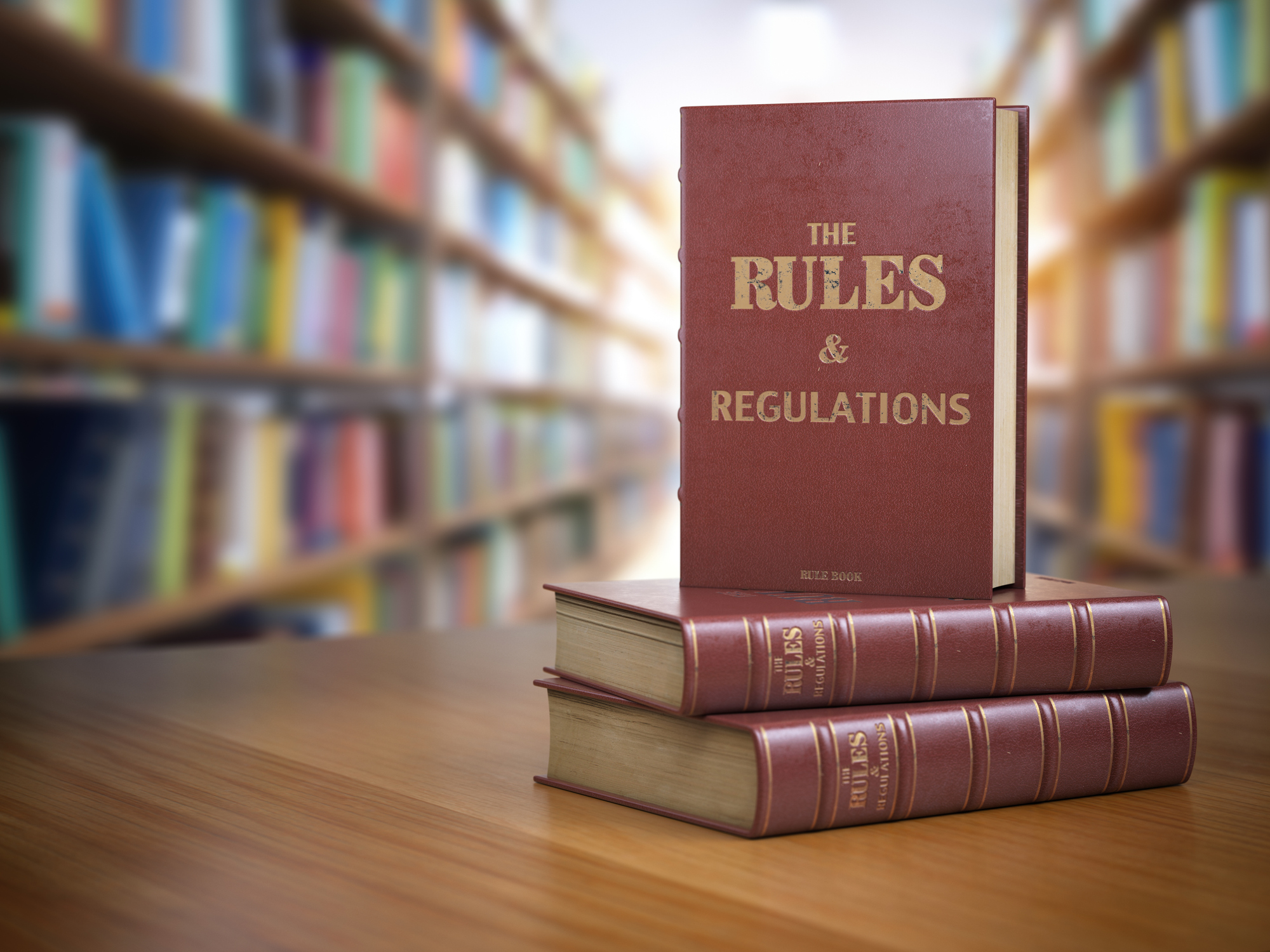 One asset that many Texans do not consider their spouse to have an interest in is their 401(k) or any other retirement fund that they have been slowly building during the course of their marriage. Having to divide up your retirement funds may throw a wrench into one’s retirement plans, but, where possible, courts often award retirement accounts to the spouse in whose name they are held. Provided the somewhat-ambiguous “just and right” standard is met, Texas divorce courts have wide discretion to divide up individual assets as they see fit. This may involve splitting each asset, such as 401(k), and dividing the funds therein between the spouses. However, more commonly, courts attempt to award whole assets to either party to avoid an overly complicated, and perhaps unnecessary, division of property.
One asset that many Texans do not consider their spouse to have an interest in is their 401(k) or any other retirement fund that they have been slowly building during the course of their marriage. Having to divide up your retirement funds may throw a wrench into one’s retirement plans, but, where possible, courts often award retirement accounts to the spouse in whose name they are held. Provided the somewhat-ambiguous “just and right” standard is met, Texas divorce courts have wide discretion to divide up individual assets as they see fit. This may involve splitting each asset, such as 401(k), and dividing the funds therein between the spouses. However, more commonly, courts attempt to award whole assets to either party to avoid an overly complicated, and perhaps unnecessary, division of property.
With this in mind, it is important to focus aspects of your case at trial on why the court should award your 401(k) to you. Factors such as your role in contributing to it, your need for future support, the value of assets in your spouse’s control, your and your spouse’s relevant incomes, which spouse is appointed primary conservator of their children (if any), and many others can be useful to craft a compelling case to keep your 401(k) plan (or any other asset).
In addition, you can sometimes increase the likelihood that you keep your 401(k) post-divorce by entering into a settlement agreement with your spouse. In Texas, spouses are free to enter into settlement agreements to resolve one or more aspects of their divorce, such as the division of their community estate. Settlement is an important process in a Texas divorce, because it can often be the best way to ensure that you retain your hard-earned nest egg and any other assets that you consider important.
 Courts must divide community property in a “just and right” manner in Texas divorce cases. The property division does not have to be mathematically equal, but should be equitable to both parties. To achieve a just and right division, the court needs evidence of the value of the assets before it. In a recent case, a husband challenged a property division, arguing the court had divested him of his separate property and did not have sufficient evidence to fairly divide the community estate.
Courts must divide community property in a “just and right” manner in Texas divorce cases. The property division does not have to be mathematically equal, but should be equitable to both parties. To achieve a just and right division, the court needs evidence of the value of the assets before it. In a recent case, a husband challenged a property division, arguing the court had divested him of his separate property and did not have sufficient evidence to fairly divide the community estate. Texas Divorce Attorney Blog
Texas Divorce Attorney Blog


 In some Texas custody cases, parents may agree to a support order that differs from the child-support guidelines. A Texas appeals court
In some Texas custody cases, parents may agree to a support order that differs from the child-support guidelines. A Texas appeals court  Texas law presumes that property possessed by a spouse during or on dissolution of the marriage is community property. Tex. Fam. Code § 3.003. The presumption can only be rebutted by clear-and-convincing evidence the property is separate. In a
Texas law presumes that property possessed by a spouse during or on dissolution of the marriage is community property. Tex. Fam. Code § 3.003. The presumption can only be rebutted by clear-and-convincing evidence the property is separate. In a  One asset that many Texans do not consider their spouse to have an interest in is their 401(k) or any other retirement fund that they have been slowly building during the course of their marriage. Having to divide up your retirement funds may throw a wrench into one’s retirement plans, but, where possible, courts often award retirement accounts to the spouse in whose name they are held. Provided the somewhat-ambiguous “just and right” standard is met, Texas divorce courts have wide discretion to divide up individual assets as they see fit. This may involve splitting each asset, such as 401(k), and dividing the funds therein between the spouses. However, more commonly, courts attempt to award whole assets to either party to avoid an overly complicated, and perhaps unnecessary, division of property.
One asset that many Texans do not consider their spouse to have an interest in is their 401(k) or any other retirement fund that they have been slowly building during the course of their marriage. Having to divide up your retirement funds may throw a wrench into one’s retirement plans, but, where possible, courts often award retirement accounts to the spouse in whose name they are held. Provided the somewhat-ambiguous “just and right” standard is met, Texas divorce courts have wide discretion to divide up individual assets as they see fit. This may involve splitting each asset, such as 401(k), and dividing the funds therein between the spouses. However, more commonly, courts attempt to award whole assets to either party to avoid an overly complicated, and perhaps unnecessary, division of property.
 A family business can complicate the property division in a Texas divorce. A
A family business can complicate the property division in a Texas divorce. A 
 Sometimes Texas child-support disputes can continue well past the child’s eighteenth birthday. A Texas appeals court
Sometimes Texas child-support disputes can continue well past the child’s eighteenth birthday. A Texas appeals court  A trial court generally has broad discretion in deciding whether to impose a geographic restriction on the child’s primary residence in a Texas custody case. A geographic restriction limits where the children’s primary residence may be. As with other aspects of a custody case, the primary consideration is whether the restriction is in the best interest of the child. A geographic restriction can help ensure the child maintains relationships with the non-custodial parent, extended family, and the community. In some cases, however, a parent may have good reasons to want to move with the child. The Texas Supreme Court has identified a number of factors in determining whether a move is in a child’s best interest: how it would affect relationships with extended family, how it would affect the non-custodial parent’s visitation and communication with the child, whether a meaningful relationship between the child and non-custodial parent could be maintained with a visitation schedule, the child’s current contact with both parents, the reasons for and against the move, the child’s age, the child’s ties to the community, and the child’s health and educational needs. Lenz v. Lenz.
A trial court generally has broad discretion in deciding whether to impose a geographic restriction on the child’s primary residence in a Texas custody case. A geographic restriction limits where the children’s primary residence may be. As with other aspects of a custody case, the primary consideration is whether the restriction is in the best interest of the child. A geographic restriction can help ensure the child maintains relationships with the non-custodial parent, extended family, and the community. In some cases, however, a parent may have good reasons to want to move with the child. The Texas Supreme Court has identified a number of factors in determining whether a move is in a child’s best interest: how it would affect relationships with extended family, how it would affect the non-custodial parent’s visitation and communication with the child, whether a meaningful relationship between the child and non-custodial parent could be maintained with a visitation schedule, the child’s current contact with both parents, the reasons for and against the move, the child’s age, the child’s ties to the community, and the child’s health and educational needs. Lenz v. Lenz. Grandparents sometime take on a parental role in the lives of their grandchildren. In some circumstances, such grandparents may have standing (i.e., the right to sue) for possession and access to the children. Parents have a fundamental right to make decisions regarding their children, however. Generally, a court in a Texas custody case cannot interfere with a fit parent’s right to make decisions for their child by awarding access or possession to a non-parent over the fit parent’s objection, unless the nonparent overcomes the presumption that the fit parent is acting in the child’s best interest. In a recent case, a father
Grandparents sometime take on a parental role in the lives of their grandchildren. In some circumstances, such grandparents may have standing (i.e., the right to sue) for possession and access to the children. Parents have a fundamental right to make decisions regarding their children, however. Generally, a court in a Texas custody case cannot interfere with a fit parent’s right to make decisions for their child by awarding access or possession to a non-parent over the fit parent’s objection, unless the nonparent overcomes the presumption that the fit parent is acting in the child’s best interest. In a recent case, a father